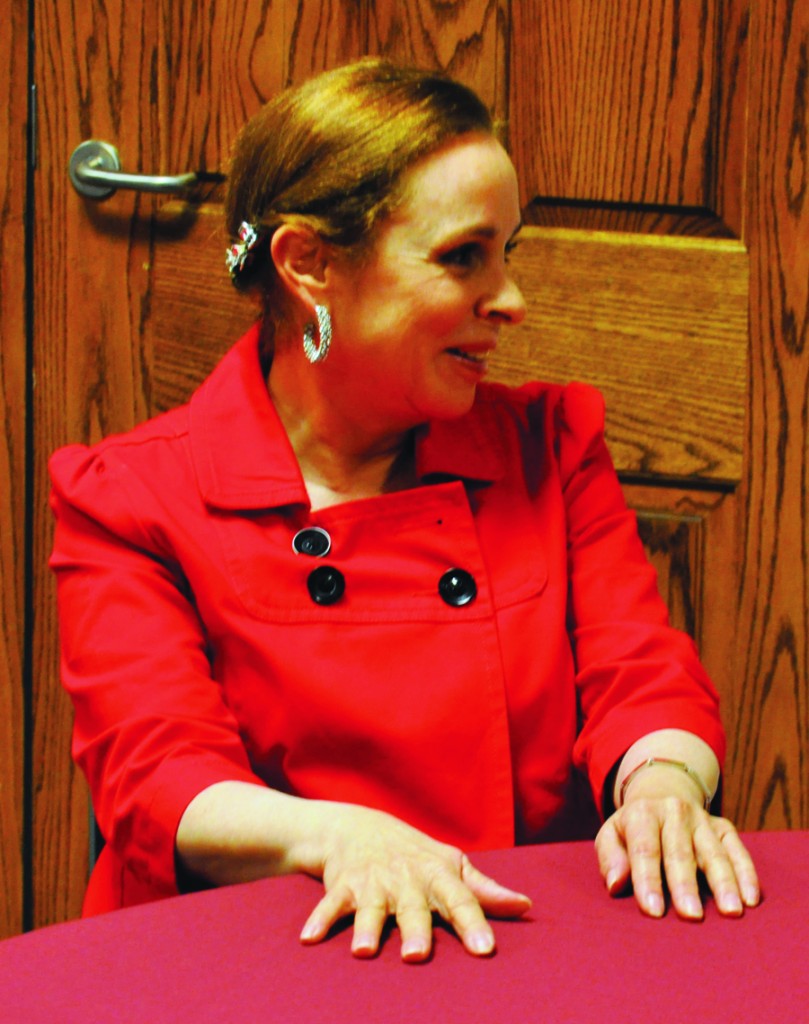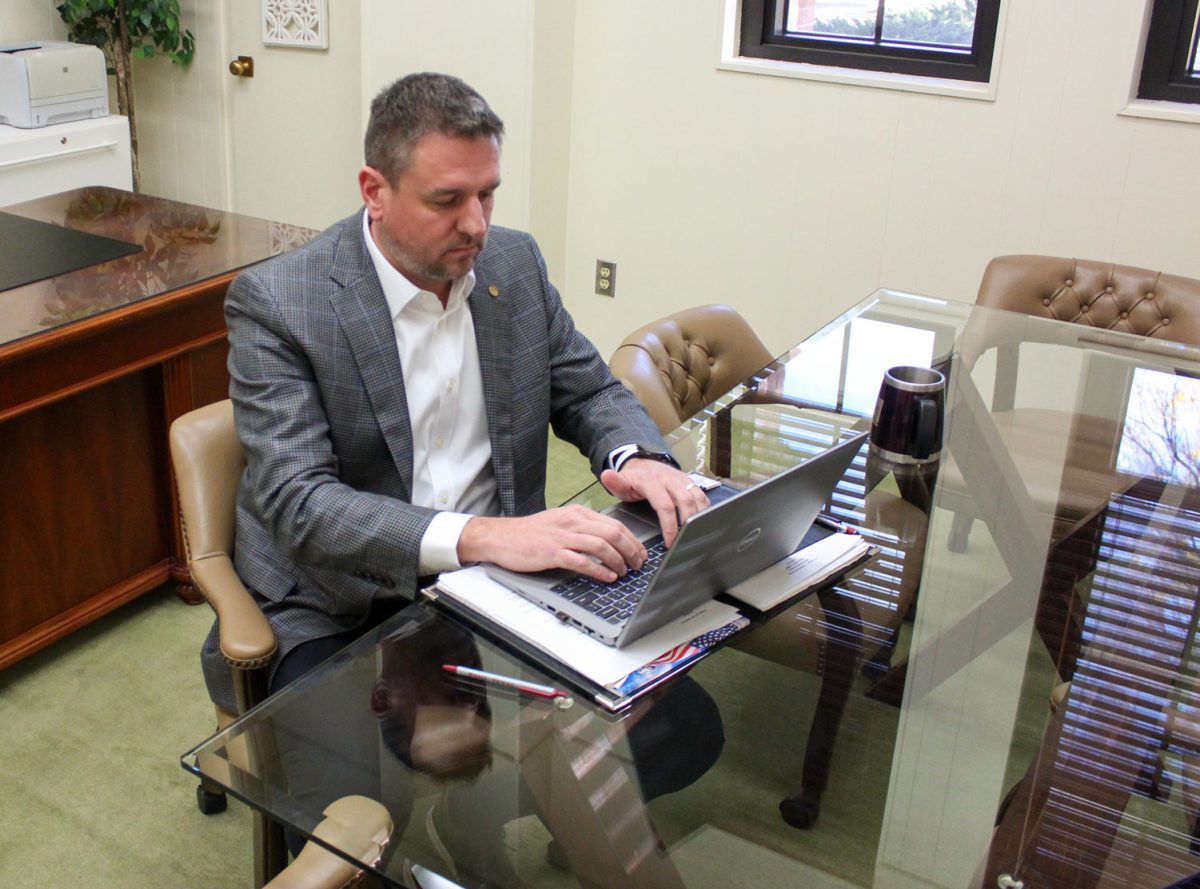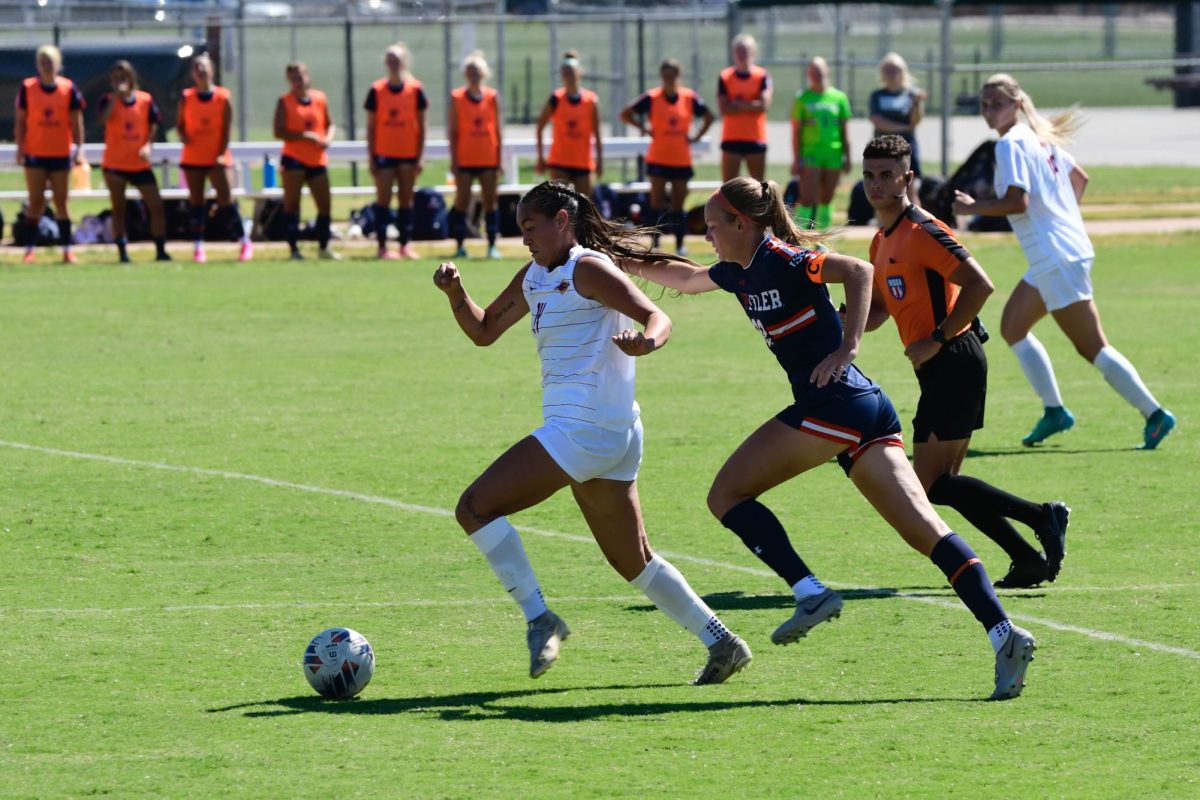
As a young Cuban girl, Alina Fernandez didn’t know who her father really was.
It would be 10 years before she realized that man leading the Cuban revolution, Fidel Castro, was her estranged father.
Fernandez spoke at MSU March 1 about growing up in Cuba under Castro’s rule. During the discussion, she explained what caused her to be estranged from her father.
“I was born a little bit before the revolution and then for me everything changed,” Fernandez said. “That is part of the experience I try to explain to students, and a little bit of gossip.”
Her mother and Castro were both married to other people when she was born.
Until she found out about Castro, Fernandez thought her mother’s husband, a doctor, was her father.
It wasn’t until 1989 that she publicly defied her father’s policies.
“It is not exactly I am against his beliefs,” she said. “I am mostly against the results of what happened to the country and its citizens. It is complicated because I think politically (my father) is one of the most important people in the 20th century.”
Fernandez said her experiences easily relate to the experiences of all of the Cubans of her generation.
“(My generation) was the subject of all of the experiments to create this new type of human being who was supposed to be revolutionized.”
In the ‘90s Cuba transitioned from a socialist republic to the communist party. Fernandez said this affected Cuba in a very negative way.
“(Cuba) wasn’t seeking help anymore and Cuba was a very difficult place to live,” she said.
This shift in politics became one of her main reasons to leave the country.
Disguised as a Spanish tourist in 1993, she escaped to the U.S. with her daughter and has never looked back.
“I had to escape because in Cuba you aren’t allowed to leave the country freely,” she said. “In 1993, the situation (in Cuba) was very tough and the purpose was to get my daughter out of the country, which I accomplished.”
Since she has left Cuba, her father has stepped down as president, being replaced by Fernandez’s uncle, Raul Castro.
Fernandez has no contact with her father or any of Castro family.
“One of the tragedies of fleeing from Cuba is once you don’t think the same way they think you become an enemy and they treat you likewise,” she said.
The memories of the revolution and her upbringing still haunt her and have heavily affected the person she is today.
“I never really adapted to what was going on around me,” she said. “I always had a feeling that something was wrong and I still have that feeling because of the decisions that have made that changed my life totally.”
She said she never saw herself becoming public speaker.
“At that time I felt like it was somehow my duty to explain people who didn’t know what my culture was about and give them a little more detail,” Fernandez said.
It still surprises her how little Americans know about Cuba, even though it is 90 miles away.
“I think there have been a lot of misconceptions lately because of a lot of information gets through with the Internet,” she said.












